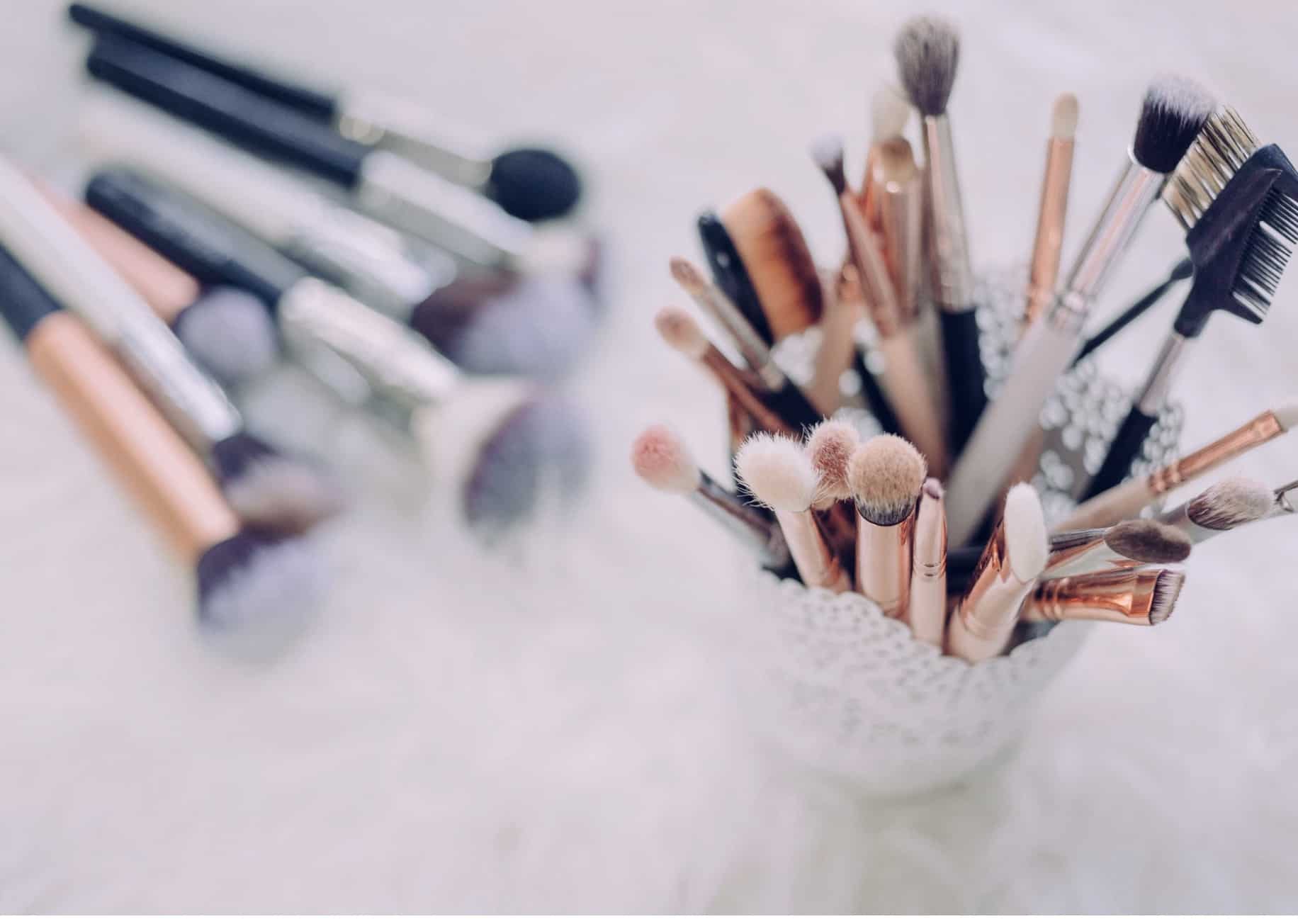Coronavirus had a huge impact on all businesses, beauty included, but not all sectors suffered. As outlined by CNBC, luxury beauty saw an 11% drop in sales through the year; yet natural beauty companies actually saw an 11% increase. Clean and natural beauty markets are benefiting massively from the international pandemic, despite indications that they would see losses just as large as any other market. There are multiple facets to this success story, and each of them inform the view on how the market will continue to recover with beauty lovers maintaining their clear skin.
Chapter Overview
A boutique approach
When it comes to in-person beauty, like salons, independent natural salons have the flexibility of local knowledge and small-scale operations to open up as soon as they need to. That flexibility has allowed small business to open up on and provide incentives to get customers back in. Think free cancellations, as outlined by the WaPo; a measure that can take a long time to get through the gears of the boardroom in big companies. Furthermore, with the help of independent experts, salons can be assured of the safety of their premises from COVID-19 with coronavirus specific cleaning methods; by meticulously cleaning surfaces with soap and water, and often disinfectant, salons (which were already safety savvy) can be assured of a safe reopening.
The internet
Many new natural skincare brands don’t have the big store presence of the luxury/prestige market. Most of their business is conducted online, with only a small amount coming through brick-and-mortar. Conversely, prestige brands rely on that footfall. Being restricted to online sales is no disaster for them, with many having a huge web presence, but it does mean they are in direct competition with natural brands – most of which are using social media to give a direct marketing aspect to their efforts. Put simply, it’s stronger competition than they will have faced in the likes of the big department stores.
Clean importance
Arguably, the ‘clean’ factor in natural beauty brands is having a positive impact on sales and popularity. The cleanliness of the air and waters during the height of COVID-19 was something seized on by social media, as was the general need for cleanliness to help prevent disease outbreaks. This impressive strand of social and environmental responsibility in everything that a person does carries on through consumerism; in CNBCs analysis of the beauty industry, natural skincare brand Tula cited this as a big contributory factor towards their continuing success despite the adverse circumstances. Consumers want to feel like they make a different even when spending money – providing all important options for brands to help enfranchise their customers and give them the benefit that they are helping out green causes.
In short, consciences have helped the natural beauty industry to flourish. The nimble and easily accessed manner of natural products and the benefits they offer consumers is something that can easily be identified as a boon in the current market. As consumers move towards ethical buying, natural beauty will continue to grow.

